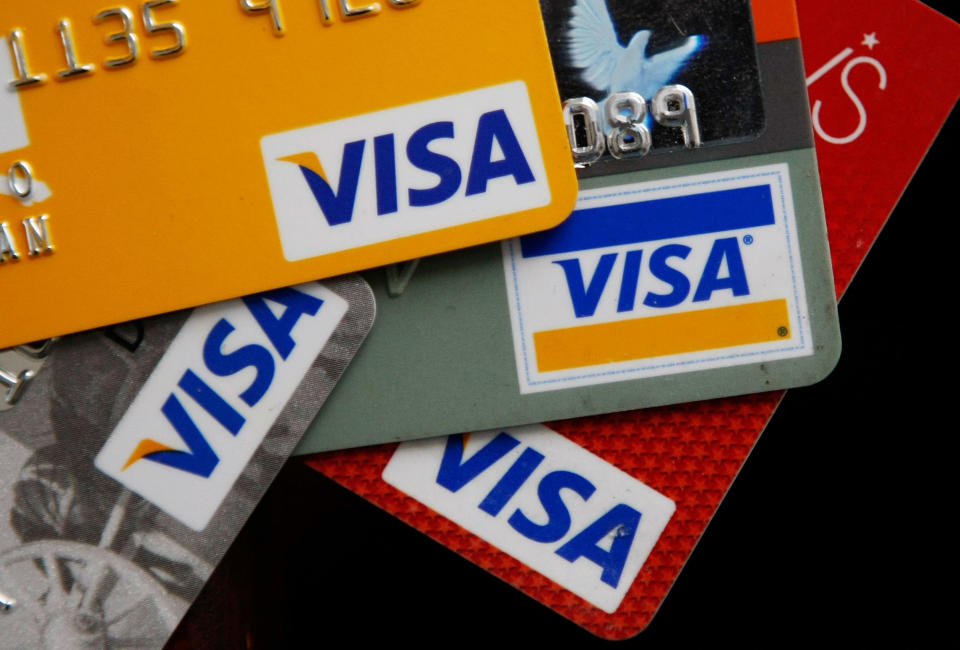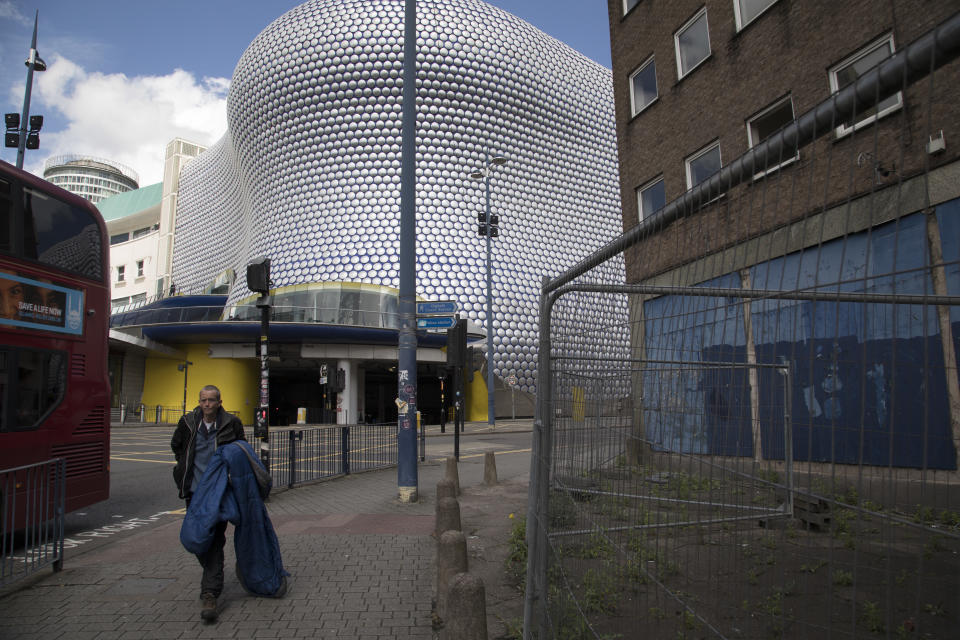Dealing with debt: 'I was too poor to get out of the red'

Jason was shocked to discover earlier this year he was too poor to get out of debt.
The 38-year-old Yorkshire man, who asked for his name to be changed, fell into debt after struggling with depression and addiction.
“I was getting loans to pay off loans, fell behind with my rent and ended up in a homeless hostel for 18 months,” he said.
“I felt totally out of control and lost. I moved to a flat, but the drug addiction was still there. I was trying to pay things back but left myself so short it was unmanageable.”
MORE: Debt trap: when you should worry and how to control your spending
Everlasting debt
When he did make repayments Jason was only actually paying off interest which meant he was not cutting down his debt at all.
He admits: “I got so depressed, which didn’t help me with relapsing – it was a vicious circle.”
Then he heard about a scheme which would allow him to write off most of his debts and start again.
Debt relief orders were introduced by the government to help those in debt who couldn’t afford the £680 fee for going bankrupt.
They are a much lower-cost way of becoming insolvent.
No escape for the poor
But, as Jason discovered, if you can’t afford the £90 cost of of setting up a debt relief order, you can’t escape the debts and start again.
In short, he was just too poor to be able to afford to go bust.
MORE: HMRC scam: 85-year-old left shaken after crook threatens arrest
Luckily help was at hand. The debt charity Christians Against Poverty agreed to pay the fee.
That was a major turning point for Jason. “I got my debt relief order so all my debts were gone. I’ve got the freedom to start again,” he said.
“My debt coach taught me how to budget for myself and I completed three months of rehab. I got a job in a coffee shop as well, which was the first time I’d worked in 15 years!”
500 face several lifetimes of debt

Sadly Jason isn’t alone. The charity says it has 500 debt clients who are too destitute for a debt relief order.
CAP chief executive Matt Barlow said: “These are some of the very poorest people in the UK, people who are working well with us, sticking to the budget, determined to get straight and doing everything right to get their affairs in order.”
Their debts are such that if they can’t wipe the slate clean it would take 618 years on average to each pay off what they owe.
The charity has launched a fundraising campaign to give 500 more people the chance to go debt-free in time for Christmas.
How do debt relief orders work?
They were introduced by the government to allow those on the lowest incomes to be able to wipe clean the slate of insurmountable arrears.
You can apply for a debt relief order if your debts are £20,000 or less and you don’t own your own home.
MORE: Pension time-bomb: bow to make the most of your savings
You must also have less than £50 a month spare income after the essentials of living and assets of less than £1,000.
Once the order has been set up, you don’t have to make payments towards the debt included in the order and your creditors can’t force you to pay off the debts.
After a year, the debts are written off.
Debts that can’t be included include court fines, child support, and student loans.
Find out more
Citizens Advice has a useful guide to debt relief orders while at debt charity Step Change you can find out if a debt relief order is right for you.

 Yahoo Finance
Yahoo Finance 
